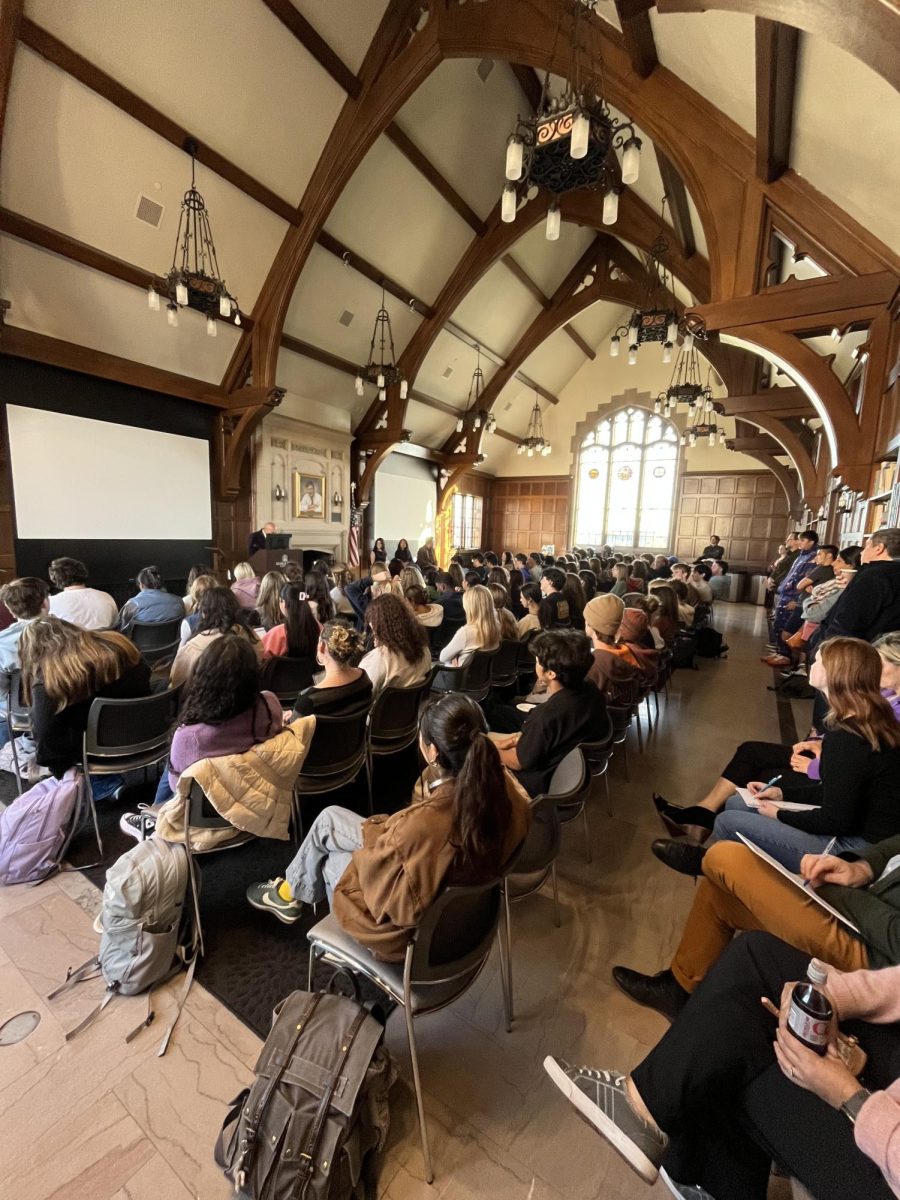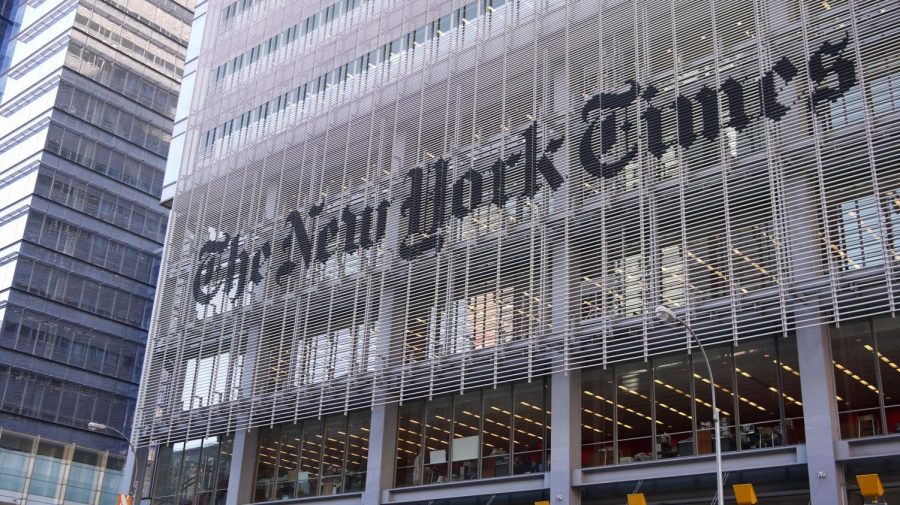The release of the Panama Papers earlier this month is perhaps the biggest story in international journalism in years. The scale of the 2.6 terabyte leak took over a year to unravel and sounds like the plot of a James Bond film. The leaker, referred to only as John Doe, claimed that his primary motivation for releasing the documents was the belief that the actions of the Panamanian law firm, Mossack Fonseca, were unethical.
While much of the activity is unethical, unfortunately very little of it is actually illegal. Utilizing tax havens and loopholes, although dishonest, is legal. The real consequences will not be dealt in a courtroom, but in the political arena.
The Prime Minister of Iceland resigned last week after protests erupted in Iceland’s capital of Reykjavik, following the discovery of his involvement with off-shore companies. King Salman of Saudi Arabia, Russian Prime Minister Vladimir Putin, Azerbaijan President Ilham Aliyev, members of the Communist Party of China and officials from organizations like the European Union and FIFA have also been implicated, among many others.
More interesting than what countries have been implicated is the one that has been conspicuously absent from the list: the United States.
It is easy for Americans to ignore a story like this when there are few Americans implicated in the documents and only one American media corporation, the International Consortium of Investigative Journalists, is involved in the investigation. In fact, the four Americans found in the leak have all been previously convicted or accused of tax fraud and evasion. There are, however, lessons this crisis can teach us about the power of the media, the people and “leaktivism.”
With an increasing number of media conglomerates consolidating or folding, it is easy to undervalue the impact of the modern press. This story, more than any other in recent memory, demonstrates how the increased ubiquity of the internet has made journalism more interconnected. A story of this size could not have been achieved this quickly a few decades ago.
There seems to be cynicism among supporters of populist presidential candidate Bernie Sanders that the political system is rigged for the elite and wealthy. While some look at the Panama Papers as confirmation of this fact, others see the protests in Iceland and across the world as a demonstration of the power of the people. The outrage spawned from the leaks – even in countries like China and Russia with authoritarian governments – proves that it is impossible to censor information in the age of the internet. Information and leaks fuel populist movements.
One final lesson to learn from the release of the Panama Papers is that “leaktivism” is finally becoming a legitimate form of public interest journalism. Famous leakers such as Edward Snowden and Julian Assange face prosecution for the dissemination of sensitive information. By spreading the documents across continents to about four hundred journalists, the leaker ensured that no single person could be blamed or punished for releasing the information. With the increasing prevalence of whistleblowers and importance of data journalists, the Panama Papers demonstrate how activists can properly execute a leak with minimal repercussions.
While Fonseca’s actions were dishonest, they ultimately demonstrate the value and power of the media, people and whistleblowers toward preserving a strong democracy and weakening authoritarian governments.










